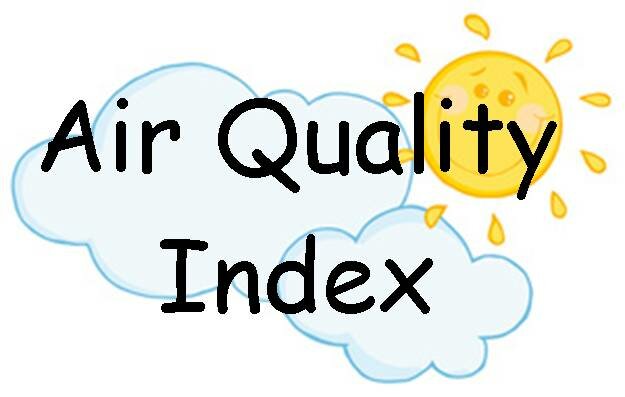- Home
-
Allergy & Asthma Information
- Asthma: The Basics
- Living With Asthma
- Asthma Tools
- Asthma Triggers
- Asthma & Eczema
- Asthma & Allergy
- Hay Fever
- How to use a:
- About Us
- Order Info
Asthma and Eczema
What is Eczema?
- Eczema is a chronic disease which causes the skin to become red, swollen and very itchy.
- Atopic (allergic) dermatitis (eczema) is the most common form of eczema.
- Eczema affects about 10% of children.
- In young children, eczema usually appears on the face, chest, back and the outside of the arms and legs.
- In older children, eczema often appears on the hands, neck, ankles, behind the knees and on the inside of the elbows.
- Eczema usually starts before age 2. Often, eczema gets better by age 5.
- Children have a 40% chance of outgrowing eczema by the time they become adults.
- You cannot catch eczema from someone else.
- Eczema can run in families. If one parent has eczema or another allergic disease (asthma, hay fever or food allergy), the child has a greater chance of having eczema and other allergic diseases. The chances are even greater if both parents have eczema or allergies.
- Certain things can trigger eczema to get worse.
What triggers Eczema?
Triggers are different from one child to the next but scratching is the most common problem.
Things that may make eczema worse are:
- Dry Skin
- Viral infections
- Irritants such as soaps, fabric softeners
- Some fabrics such as wool or synthetic fabrics
- Stress
- Heat or sweating
- Dust or Mold
Scratching eczema will make it worse. Dry itchy skin will cause the child to scratch and worsen eczema. Certain times of year, for example winter, may be worse.
Some allergies such as food, pets or dust mites can worsen eczema. An allergist can help identify possible allergic triggers.
Skin infections can make eczema worse. Antibiotics are used to treat the skin infection.
Treatment and Control of Eczema
Learn what things trigger your child’s eczema and avoid them.
Dry skin makes eczema worse. To help keep skin moist:
- Use moisturizers every day.
- Give short baths in luke warm water every day.
- Use as little soap as possible or mild unscented soaps when needed.
- Gently pat the skin.
- Use an unscented moisturizer immediately after a bath (and several times a day if needed).
- Medicated creams are sometimes needed. Follow your doctor’s instructions on how to apply them.
- Keep your child’s fingernails short.
- Dress your child in cotton clothing. Wash the clothes in mild unscented detergent and double rinse with clean water. Do not use fabric softeners in the dryer.
- Keep your home cool.
Asthma and Eczema
- Childhood eczema is associated with other allergic diseases such as hay fever, food allergies, and asthma.
- Eczema may be the first sign of allergies in a child. Half of children with asthma also have eczema.
- Eczema does not cause asthma or other allergic diseases.
- Speak to your doctor if your child shows possible signs of asthma.
Common Signs of Asthma in Children:
- Frequent colds that last longer than 7 to 10 days
- Coughing, often at night, early in the morning or with exercise
- Wheezing
- Chest tightness or difficulty breathing
Asthma Allie says:
"Working with your doctor will help keep your skin healthy."

The Children's Allergy & Asthma Education Centre ©2011, 2014
The Children's Allergy & Asthma Education Centre
Phone: (204) 787-2551
Toll Free: 1-888-554-1141
Fax (204) 787-5040


